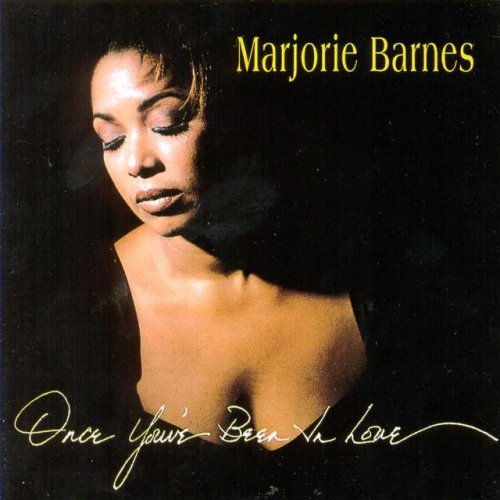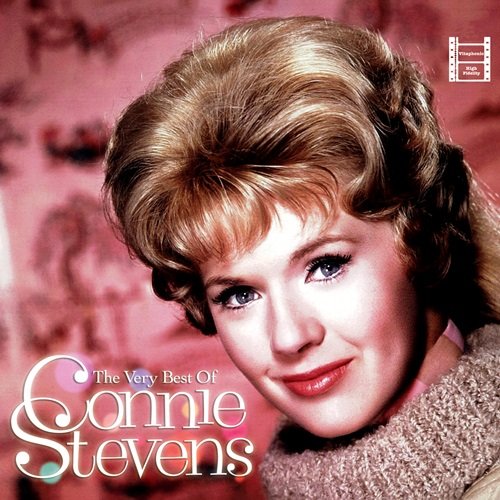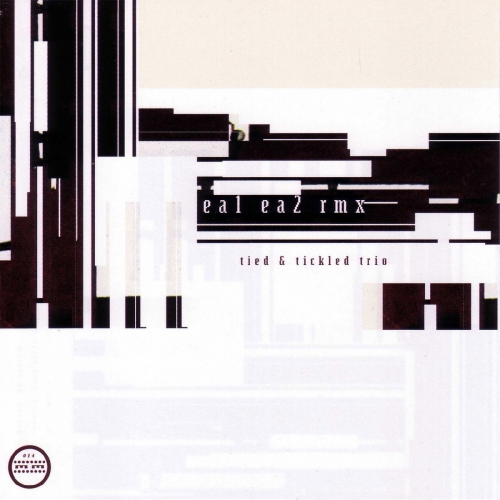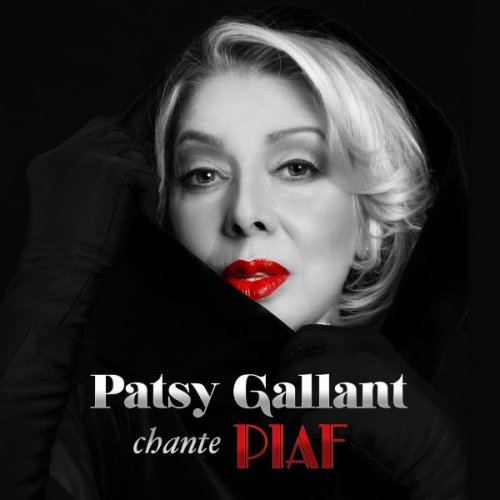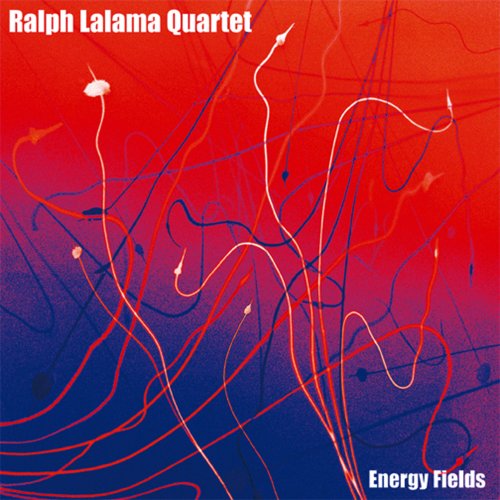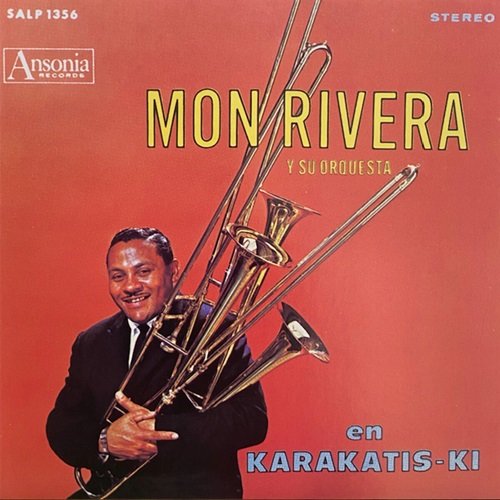Daryl Hall - Three Hearts In The Happy Ending Machine (1986)
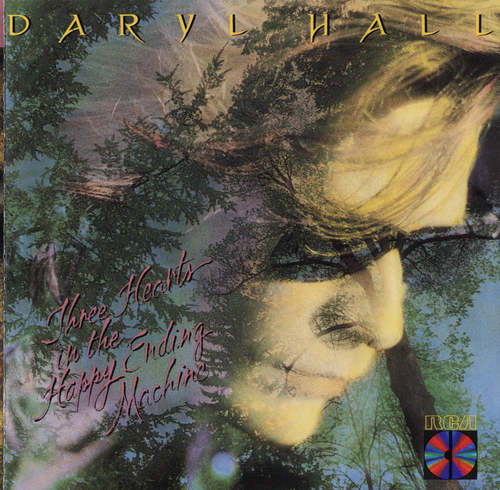
Artist: Daryl Hall
Title: Three Hearts In The Happy Ending Machine
Year Of Release: 1986
Label: RCA
Genre: Pop Rock
Quality: FLAC (tracks+.cue,log,scans) / MP3 320 Kbps
Total Time: 47:46
Total Size: 372 Mb / 165 Mb
WebSite: Album Preview
Tracklist:Title: Three Hearts In The Happy Ending Machine
Year Of Release: 1986
Label: RCA
Genre: Pop Rock
Quality: FLAC (tracks+.cue,log,scans) / MP3 320 Kbps
Total Time: 47:46
Total Size: 372 Mb / 165 Mb
WebSite: Album Preview
01. Dreamtime (4:45)
02. Only A Vision (4:34)
03. I Wasn't Born Yesterday (4:24)
04. Someone Like You (5:33)
05. Next Step (4:51)
06. For You (5:49)
07. Foolish Pride (3:57)
08. Right As Rain (4:23)
09. Let It Out (3:51)
10. What's Gonna Happen To Us (5:39)
Arriving just at the end of Hall & Oates' phenomenal streak of success in the early '80s, 3 Hearts in the Happy Ending Machine, Daryl Hall's second solo album, was viewed as the first overture in a solo career but, in retrospect, its kinship with his first solo effort, 1980's Sacred Songs, is apparent. There is some indication that Hall had to make, or wanted to make, some concessions to bring it onto the charts -- how could he not, he was one of the most popular musicians of his era -- but that's not particularly evident on the tremendous lead single, "Dreamtime," a swirling slice of arty new wave psychedelia that stands in direct contrast to anything Hall & Oates sent into the Top Ten -- it might have belonged on Sacred Songs or X-Static, but it could only have been cut in the mid-'80s when Hall had the freedom to make a record like this. And this is a result of an artist who is given the freedom to make close to the record that he wants, with a few commercial concessions, plus a desire to make a modern record. That does mean 3 Hearts is a bit tied to the time, particularly in its production with its clean synths and cavernous drum machines, but that's not necessarily a bad thing since it's primarily of interest as a portrait of where Hall was in 1986. He's not as insistently melodic as he is with Oates, nor is he as experimental as he was on Sacred Songs, and that does mean that 3 Hearts falls in a middle ground that's a bit neither here nor there. And that means it's not particularly cohesive, but it does have its moments, the brightest of which is "Dreamtime," one of his greatest achievements. There are other songs here that aren't quite as good, but it does take a bit of searching to find them, particularly because some of the cuts are either failed experiments or just fall flat. But those moments that do work illustrate that Hall had ambitions that couldn't fit Hall & Oates, and needed an outlet like this, even if he couldn't quite pull it all together all the time.
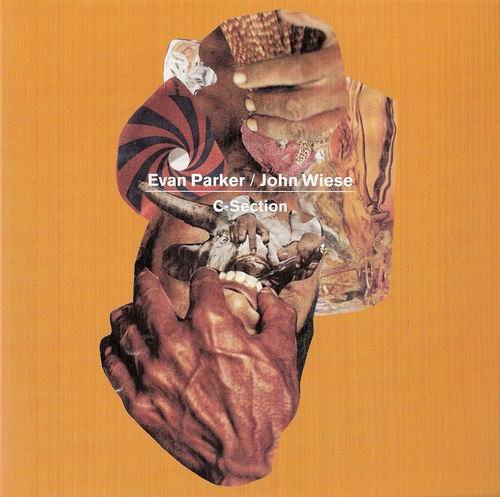
![Magda Mayas' Filamental - Murmur (2026) [Hi-Res] Magda Mayas' Filamental - Murmur (2026) [Hi-Res]](https://www.dibpic.com/uploads/posts/2026-02/1771663724_i3cjtptz4ae2l_600.jpg)
